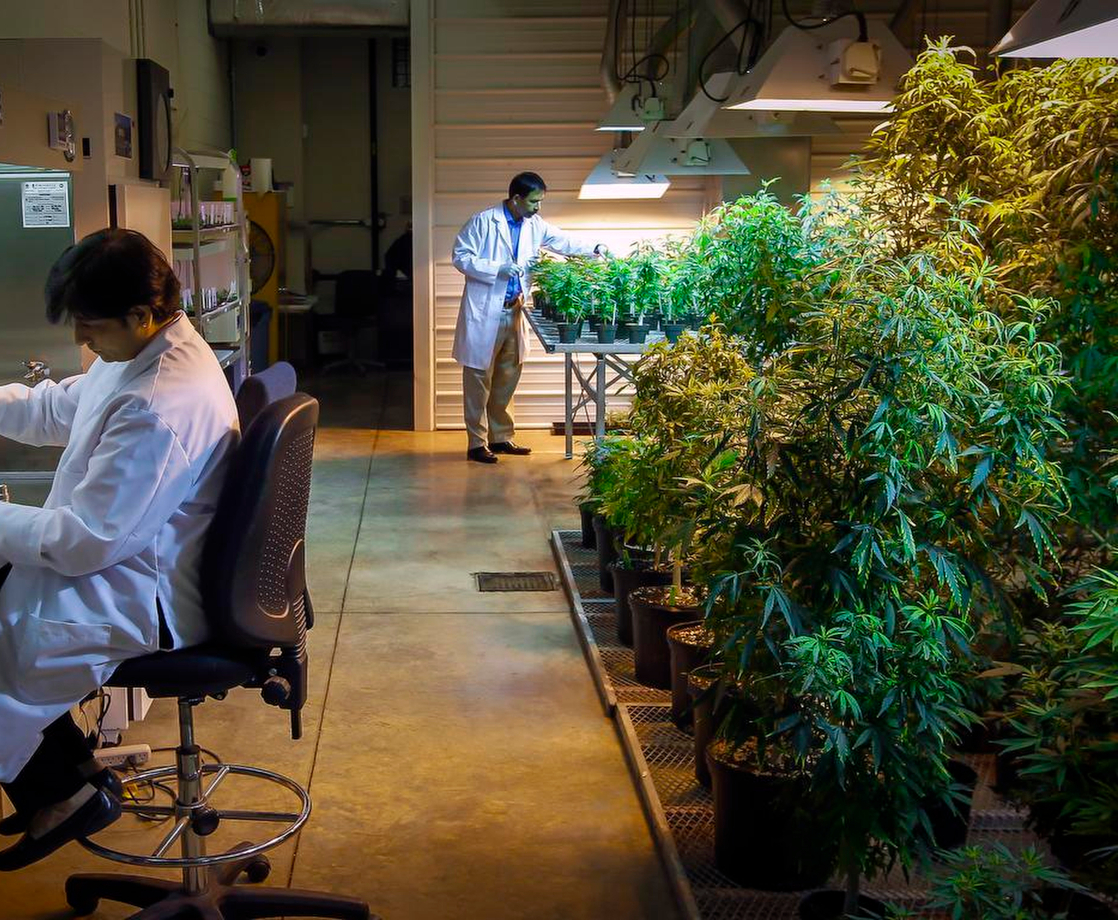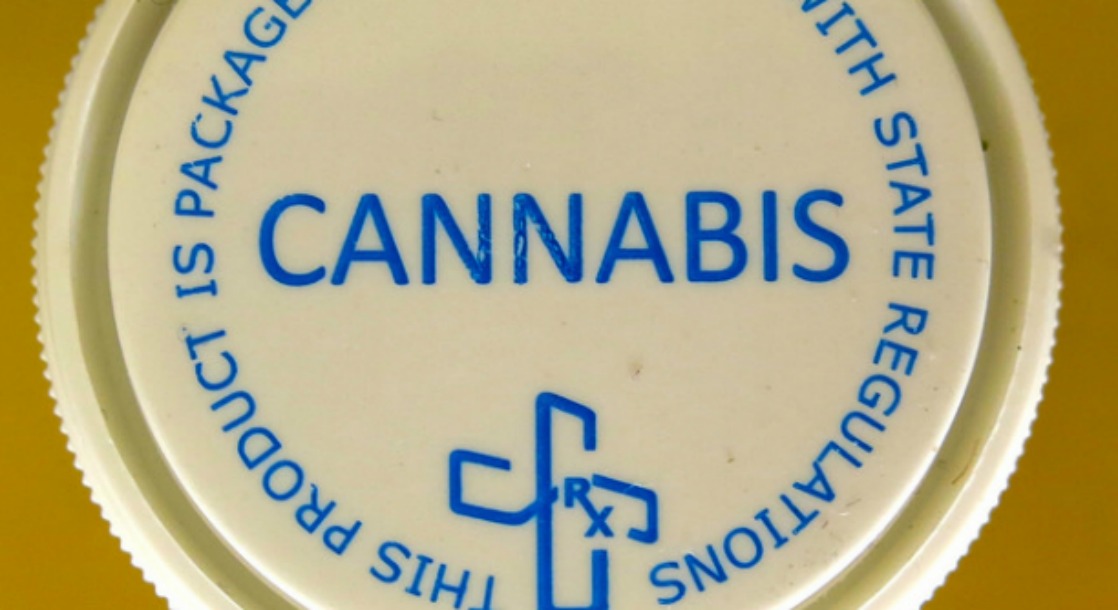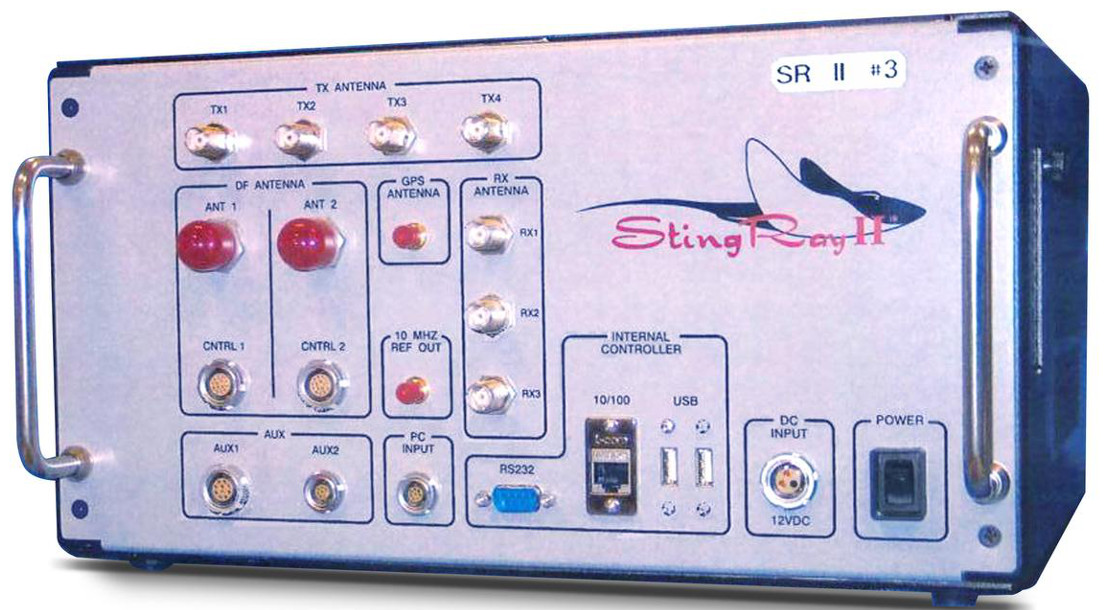As the rest of the country grinds to a halt to slow the spread of coronavirus, the US Drug Enforcement Agency (DEA) is actually advancing long-delayed plans to provide high-quality cannabis for research purposes.
In a new Notice of Proposed Rulemaking to be published in the Federal Register next week, the DEA proposes to amend its regulations governing the production of federally-legal research-grade cannabis. “Specifically, this proposed rule would amend the provisions of the regulations governing applications by persons seeking to become registered with DEA to grow ‘marihuana’ as bulk manufacturers and add provisions related to the purchase and sale of this ‘marihuana’ by DEA,” the notice reads, according to Forbes.
The ongoing federal prohibition of cannabis has made it extremely difficult for scientists to conduct clinical research on marijuana. In order to provide researchers a legal source of weed, the DEA licensed the University of Mississippi to begin growing a small amount of pot for research ends. This institution has been growing legal weed since the late 1960s, but the quality of this government grass is reportedly so abysmal that many researchers have rejected it.
After decades of complaints from researchers and lawmakers, the DEA finally agreed to license additional cannabis growers in 2016. Dozens of facilities applied to become legal cannabis cultivators, but former Attorney General Jeff Sessions postponed these plans indefinitely. Eventually, some of these applicants sued the DEA, and a federal judge demanded that the agency explain its interminable delays.
Last August, the DEA announced that it would finally start approving these applications, but noted that it would need to revise its regulations before it could move ahead with the process. Finally, that day has come. The agency is now preparing to amend these regulations, which will allow officials to begin processing the applications of 35 cannabis growers who are looking to cultivate legal pot for research.
One of the applicants, MMJ BioPharma Cultivation, is conducting federally-approved trials to determine if its proprietary whole-cannabis extract can effectively treat multiple sclerosis and Huntington’s disease. The company claims that it has met the DEA’s strict guidelines for product development and distribution. But, like other applicants, it’s waited years for its application to be evaluated.
“We meet the public interest requirement evidenced by our filings with the FDA, in our development of a cannabis-based drug to treat Multiple Sclerosis and Huntington’s Disease,” said Duane Boise, president of MMJ BioPharma, to Forbes. “We have applied and [are] awaiting approval for the DEA bulk manufacturing license to continue our development of an FDA-approved pharmaceutical.”
It’s been a slow process. But, the DEA is gradually relaxing the restrictions preventing researchers from studying cannabis. Since the beginning of the current administration, there’s been a 58 percent increase in the number of researchers who’ve registered with the DEA to conduct official marijuana research. More scientists are now authorized to conduct research on cannabis than any other Schedule I drug.
In order to provide enough legal weed to this growing number of researchers, the DEA has increased its annual weed production quota from 472 kilograms in 2017 to 3,200 kilograms this year — a 575 percent increase.











